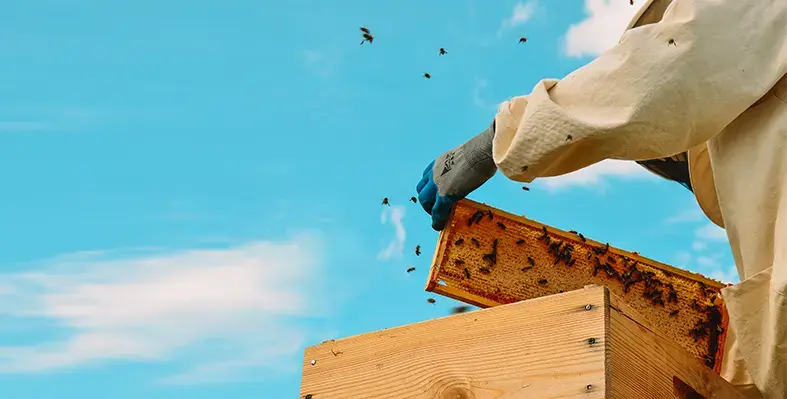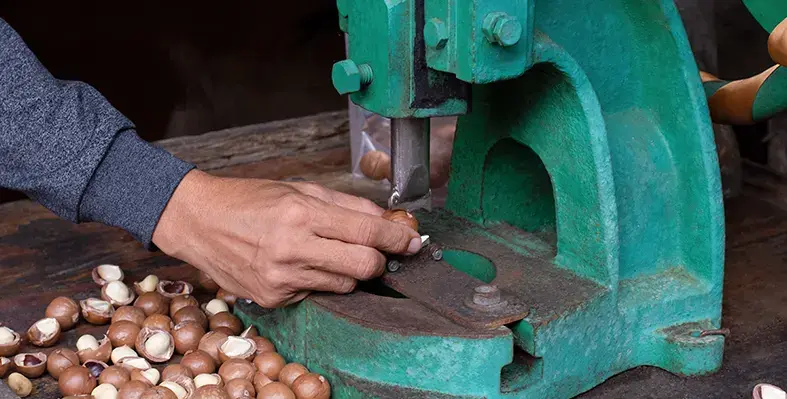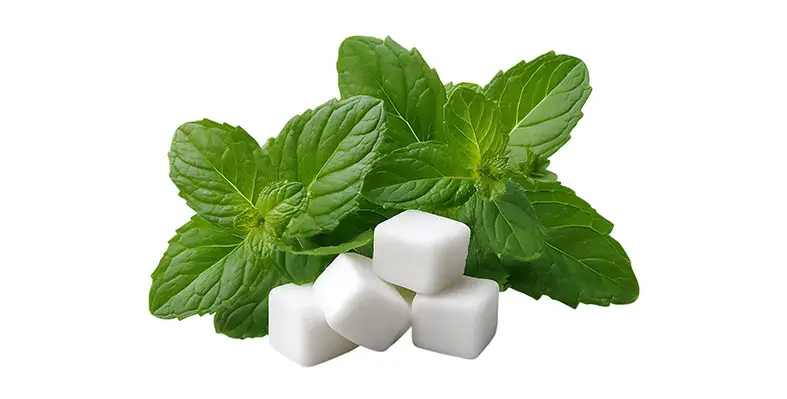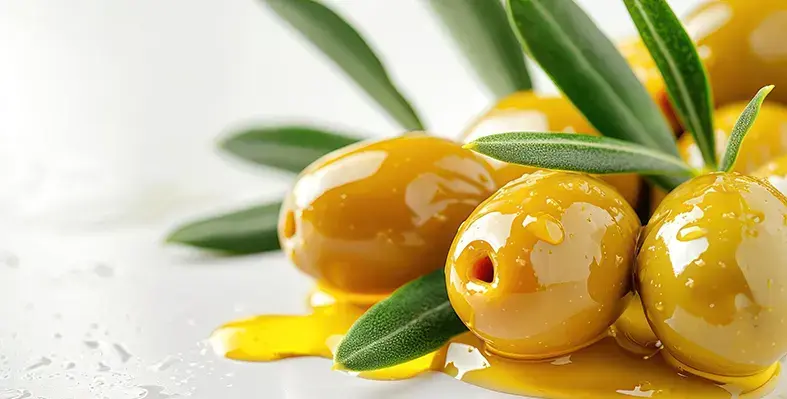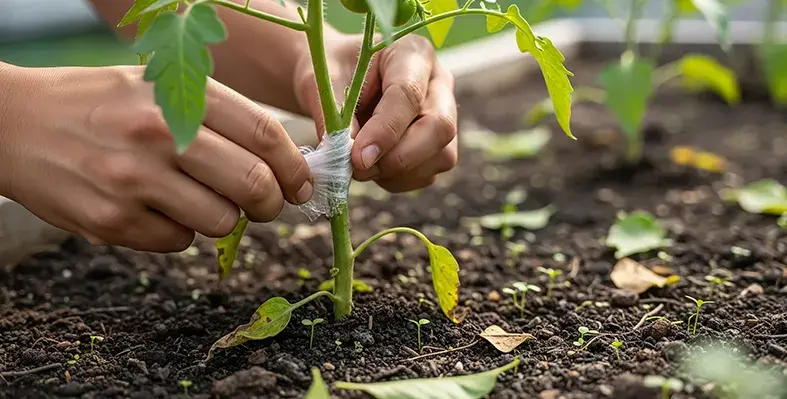South Africa is stepping up efforts to strengthen its beekeeping sector, with Agriculture Minister John Steenhuisen reaffirming government’s commitment to safeguarding the country’s honeybee populations and the livelihoods that depend on them.
Speaking at the Beekeeping Awareness Field Day at Oude Raapkraal in Westlake, Cape Town, he described honeybees as “the farmers of the sky,” emphasising their essential yet often overlooked contribution to food security, biodiversity, and rural economies.
Addressing attendees, Steenhuisen highlighted that bees play a far greater role than simply producing honey. “They do not use tractors or ploughs, yet their work ensures that nearly 75% of our food crops bear fruit. In South Africa, bee pollination contributes more than R10 billion every year to agriculture,” he said. This pollination service directly supports the country’s food production system and indirectly fuels job creation across numerous agricultural industries.
Beekeeping, recognised under the Animal Improvement Act (Act No. 62 of 1998) as part of agricultural activity, is closely aligned with several national priorities. These include increased agricultural output, improved food and nutrition security, strengthened biosecurity measures, and improved market access for local producers. However, Steenhuisen warned that multiple threats including habitat loss, prolonged drought, and irresponsible pesticide use are putting bee populations at risk. “When the land stops flowering, bees go hungry, colonies weaken, and honey yields decline,” he cautioned.
He encouraged citizens and farmers to play a role in restoring bee forage. “Imagine if every farm, school, and roadside in South Africa became a bee garden – filled with indigenous plants, fruit trees, and wildflowers,” Steenhuisen said. He also stressed the importance of responsible pesticide management, warning that “spraying at the wrong time, during bloom, can kill thousands of bees overnight.” To mitigate this, the department is promoting integrated pest management and improved communication between farmers and beekeepers.
Beyond pollination, the Minister drew attention to the honey value chain, which holds significant economic potential. South Africa produces up to 2,500 tons of honey per year but consumes nearly twice that amount. As a result, domestic markets rely heavily on imports, with a large portion sourced from China. “We rely heavily on the imports of natural honey, with more than 80% of our imported honey coming from China… Since there is such a high demand for this product, we have seen an increase of very poor quality and sometimes adulterated honey,” Steenhuisen said.
To protect consumers and support local producers, the Department of Agriculture’s Inspection Services will conduct an operation in December to remove mislabelled or counterfeit honey products from shop shelves. Steenhuisen said these efforts form part of a broader initiative to build a trustworthy, competitive, and locally driven honey sector.
Progress is also being made in research and biosecurity. Key priorities include the development of a National Beekeeping/Apiculture Strategy, an American foulbrood (AFB) Management and Response Strategy, a national Bee Forage Strategy, and the finalisation of the Residue Monitoring Plan required for honey exports to the EU. The department has also revived the Honey Value Chain Round-Table Forum and re-established cooperation with the South African Bee Industry Organisation (SABIO). In addition, the Agricultural Research Council has been commissioned to conduct a national survey on AFB as part of its mandate to protect beekeeping and pollination services.
“Our task is clear - to protect these pollinators, nurture our beekeepers, and grow South Africa's honey industry into a model of sustainability and pride. Together, we can make sure that the hum of the honeybee continues to be the sound of life, abundance, and hope for generations to come.”





